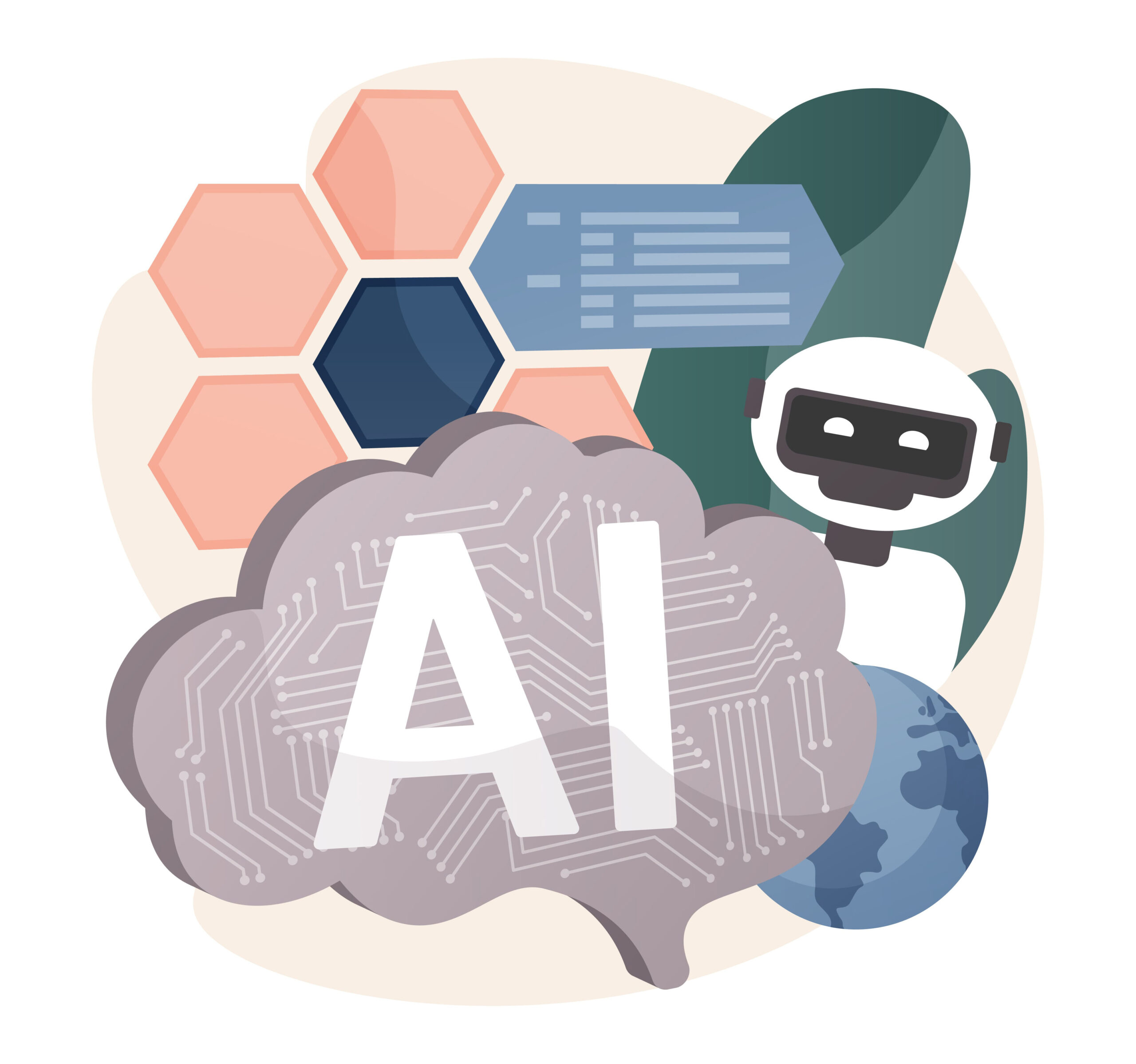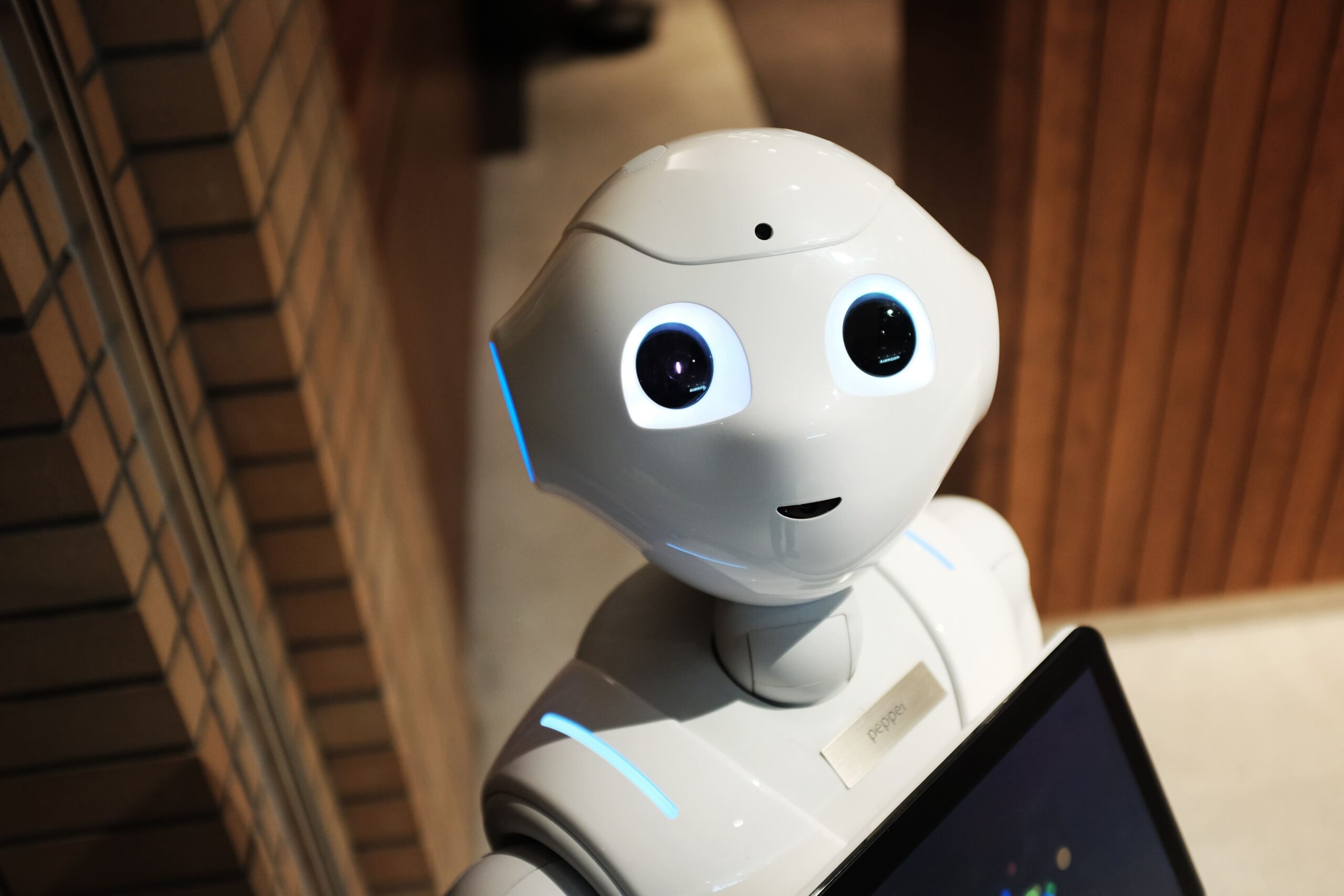
Shaping Business Transformation With Cognitive Computing
So, what is cognitive computing?
To begin with ‘cognition’ can be defined as the mental act of gaining information and understanding through intellect, experience, and the senses. We’re all familiar with the term “cognition,” which refers to the human mind and its intellectual approach. Is it true, however, that the human mind thinks the same way about every question?
NO! Whether we like it or not but we all have our own biases when thinking about something.
Suppose, a group of employees are asked about where they would like to go on a vacation? For someone it might be a nearby spot. While someone would love to stay at home, someone would like to trek on some untraced terrains.
There are advanced machines that run on rigid algorithms and allow us to design a wide range of functions, but there are also computers that replicate the human mind, including how it processes thoughts, acts, and behaves.
This is how we can loosely translate the term cognitive computing. The idea is to act as a decision aid to a person to help them make a choice midst a cognitive overload.


WHY Do you need Cognitive Computing
With the advent of AI can now unlock the value in data that was previously inaccessible because it was in an unstructured format or spread across multiple layers. Cognitive systems think more like humans on a massive scale, redefining what is possible to find and do. Jobs, businesses, consumer experiences, and entire industries will be transformed as a result of these new technologies over time. Cognitive systems are simulations of the human mind and how they work. These systems use statistical analysis to examine data and draw assumptions.
So if employees were to be asked again where they’d like to be in the vacation but this time aided with a cognitive system, they’d make a much better decision. The system might run through all the data’s related to the person, monthly budget, food preferences, past interests to bring out the best destination.
Of Course this is an example on a very small scale, cognitive computing can actually process data on an industrial scale and bring out many effective, efficient & economical outcomes.
WHY Do you need Cognitive Computing
With the advent of AI can now unlock the value in data that was previously inaccessible because it was in an unstructured format or spread across multiple layers. Cognitive systems think more like humans on a massive scale, redefining what is possible to find and do. Jobs, businesses, consumer experiences, and entire industries will be transformed as a result of these new technologies over time. Cognitive systems are simulations of the human mind and how they work. These systems use statistical analysis to examine data and draw assumptions.
So if employees were to be asked again where they’d like to be in the vacation but this time aided with a cognitive system, they’d make a much better decision. The system might run through all the data’s related to the person, monthly budget, food preferences, past interests to bring out the best destination.
Of Course this is an example on a very small scale, cognitive computing can actually process data on an industrial scale and bring out many effective, efficient & economical outcomes.

Shaping Business with Cognitive Computing
Cognitive computing is an integrated solution that combines a variety of technical approaches to develop a new way of thinking about knowledge. It’s transforming sectors and scaling human talents for occupations on a grand scale, from financial managers to oncologists to salespeople.
Businesses, on the other hand, are less interested in what cognitive computers can accomplish in general and more interested in what they can do especially for them.
Massive amounts of data can be processed considerably faster and more efficiently by cognitive computing than by humans. This sentiment is backed up by data gathered from early adopters of cognitive computing. Customer engagement, productivity, and business growth all improved significantly for 33% to 66% of respondents. Improved security and compliance, as well as reduced risk, were the outcomes for 46% of respondents. It delivered faster responsiveness to customer and market needs, according to 42% of early adopters, and increased innovation of new products and services, according to 39% of early adopters.
One of the main reasons for this increase in efficiency is that cognitive computing allows people to work with larger amounts of data that were previously unusable. Unstructured data, which includes text files, movies, webpages, and mobile data, accounts for 80% of all available data. Prior to the introduction of cognitive computing, these data were useless.

Digital Transformation via Cognitive computing
Businesses that implement cognitive analytics programmes see considerable revenue increase while also improving customer engagement and efficiency.
Better Business Decisions
Businesses are attempting to employ technology to boost their productivity due to the rapid advancement of technology. Making the proper judgments in various situations is critical to any business’s growth, and with cognitive computing, computers can propose the right actions based on a series of events. It can derive solutions to various problems from information gathered in various scenarios and provide the best solution. When used in conjunction with strategic planning methodologies, it can help to streamline the decision-making process and reduce inefficiencies caused by a lack of clear direction and inadequate communication.
Customer Engagement
Cognitive Analytics may help firms improve customer service, personalize customer experiences, increase customer engagement, and respond more quickly to market demands. By incorporating robotic process automation, the technology can be leveraged to improve client relations. Customers can get contextual information from robots without having to deal with other employees. Cognitive computing improves customer experience by allowing businesses to give only relevant, contextual, and meaningful information to customers, resulting in happier and more engaged customers.
Efficiency and Productivity
Increased productivity and efficiency, better decision-making and planning, improved security and compliance, lower costs, and a better learning experience are all benefits of cognitive analytics.
Business Development
Companies can use cognitive analytics to grow their business into new markets and speed the development of new products and services. In real time, cognitive computing can recognize developing trends, spot business possibilities, and handle crucial process-centric challenges. A cognitive computer system can streamline operations, minimize risk, and pivot in response to changing circumstances by analyzing a large amount of data. This helps firms construct a correct response to unpredictable variables while also assisting in the creation of lean business operations.
BOTTOMLINE
With the advent of digital business transformation, ultimately cognitive computing could act as a mental aid to make smart business decisions to find the best possible outcome while being challenged with several complex options. In order to harness the power of AI & cognitive computing however you might need a leading cognitive computing expert partner with a good hold on the latest trends & continuous development in technologies. Digital transformation experts can provide the best solution to your technological problems with innovation & ease.

No Comments